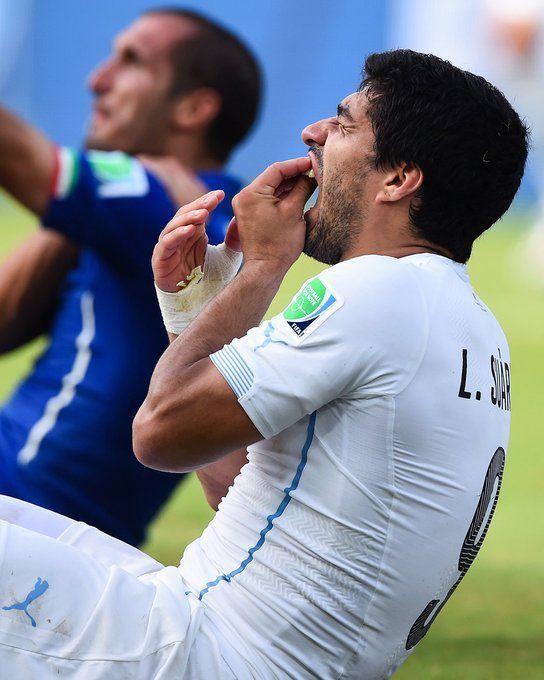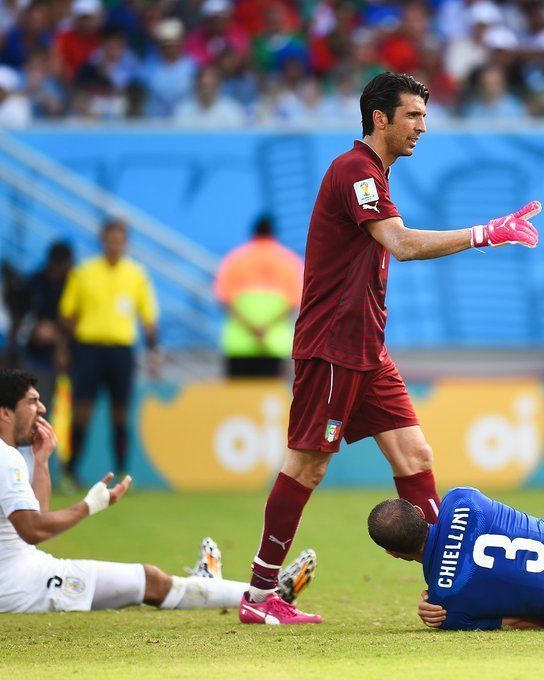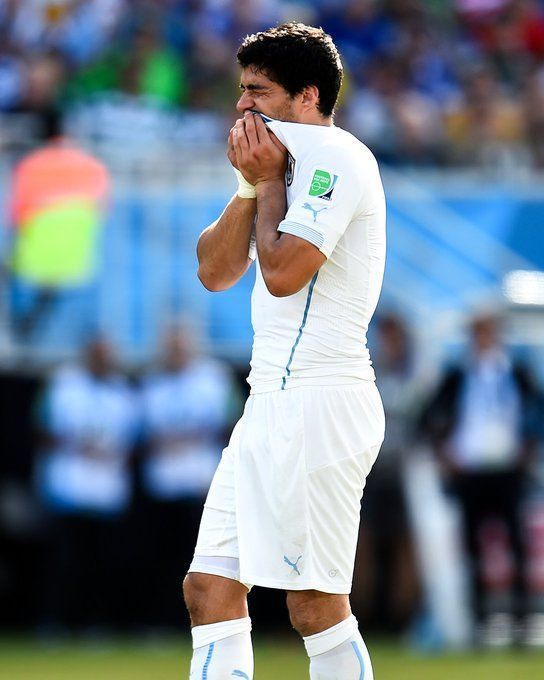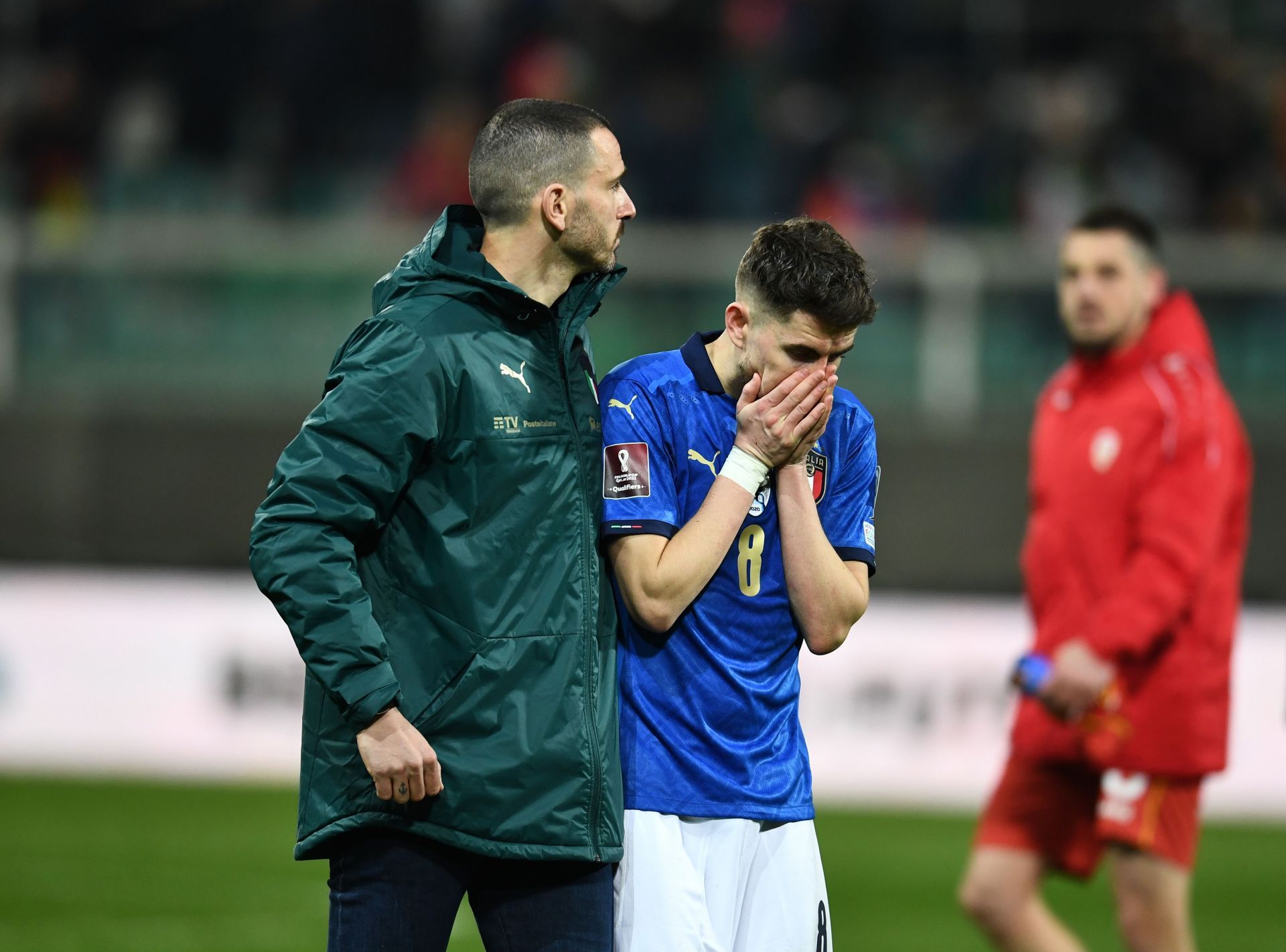
The shock of Italy's World Cup qualification failure is one of the reasons we enjoy this sport
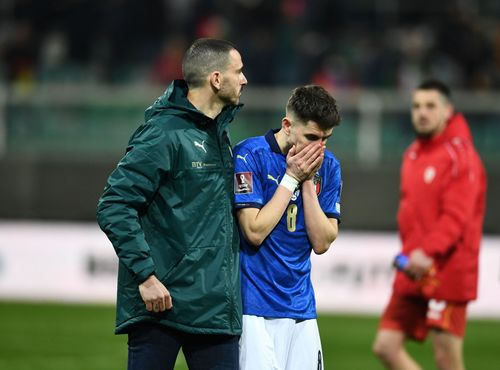
Italy had gone 60 years without missing a World Cup, and now they've missed the last two busses to the biggest show on Earth.
It's like an old bus joke: you wait hours for one, and suddenly two show up at the same time. Except in the opposite direction.
It may seem strange that the team that won the European Championships just eight months ago should lose out to North Macedonia (population: 1.83 million, FIFA ranking: 67).
But that's the nature of football and, specifically, World Cup qualifying (at least, that's how it works in Europe, where a total of 13 countries are eligible.)
You have a certain margin for error, assuming you're not extremely lucky. A team can make a mistake once, twice, or three times and still not suffer the consequences.
Italy, architects of their own downfall

Italy would have cruised through their qualifying group, scoring 22 of a possible 24 points, if there hadn't been three careless errors in the three games they dominated. These were: missing penalties at home and away against Switzerland, and conceding a silly goal against Bulgaria.
If any one of these three draws had instead been a win, you wouldn't have been reading this column right now. Despite those missed opportunities, they were in charge of their own fate when it came to the match against North Macedonia.
They took a lot of shots (32, 19 of which were blocked), had a lot of possession (70%), but couldn't score until the opposition scored a worldie in injury time.
That's how football works.
This is part of the game's allure: goals are rare, and the outcome is frequently determined by crucial moments.
The unpredictability of football meant that North Macedonia went to the European champions — who have never lost a World Cup qualifier at home in their history — and won with a game plan.
That's the suspense we're looking for.
What does this imply for Italian soccer? After the 2018 World Cup qualifying catastrophe against Sweden, it meant more pain. This entails humiliation and suffering, which Euro 2020 will only partially alleviate.
Italy are still on the right path
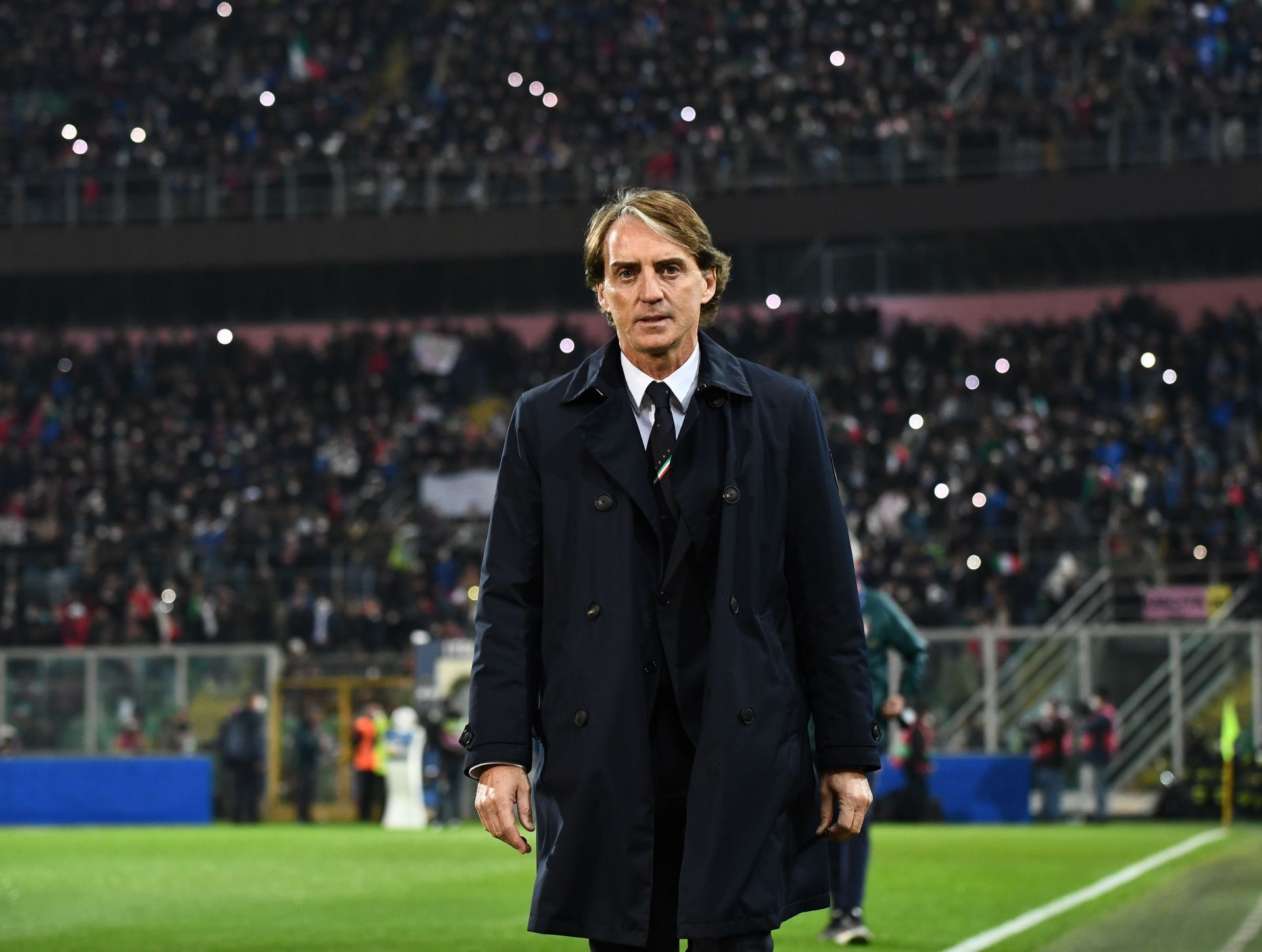
But here's what it doesn't imply. Despite the media and commentariat's frequent knee-jerk reactions, Roberto Mancini does not deserve to lose his job. This isn't one of those situations where obvious errors can be pointed to: players who should have been called up, replacements that backfired, and formations that didn't work.
The result should also not be taken to imply that Italy is moving on the wrong path. These things aren't dependent on a penalty kick that isn't made (or two, in this case). The football it plays and the players it creates are used to assess the health of the national development system.
The former has undergone significant transformations, all of which are for the better. Italy's days of sitting back, absorbing pressure, and scoring goals at the other end are long gone.
Few successful teams have played in that manner, and Mancini has not only changed that culture, but it has also spread to the younger managers in Serie A and Serie B.
They strive to imitate Jurgen Klopp and Pep Guardiola, rather than the old-school mega-catenaccio squads.
There are two considerations to be made about the latter benchmark, which is generating players. To begin with, it's a lagging indication. Changes in youth coaching, development, and infrastructure that you make today will not be felt for another 5 to 10 years.
Following Italy's first-round exit from the 2014 World Cup, and again, after the 2018 disaster, many adjustments were implemented. Some are beginning to bear fruit in the form of promising young people, others may do so in the future, and still others may never bear fruit.
But keep in mind that while measuring the current generation's performance, you're always looking backwards.
Secondly, when it comes to talent, there is an element of chance involved.
Alessandro Del Piero, Francesco Totti, Pippo Inzaghi, Luca Toni, and Alberto Gilardino were among Marcello Lippi's forwards when Italy won the World Cup in 2006.
Ciro Immobile, Lorenzo Insigne, Domenico Berardi, Giacomo Raspadori, and Joao Pedro were Mancini's alternatives against North Macedonia. It should have been enough to win, but they lacked the attacking star power of previous teams.
Having an occasional superstar on a team that wants the ball and takes a lot of shots can make all the difference. Sometimes you have to understand that generational gifts are born, not made, as the name implies.
Perhaps the truth is a little easier and a little less interesting.
When Italy won Euro 2020, they weren't the top team in Europe, but they deserved to win. For a month, they played some of the best football without having some of the best players.
They're not a worse team than Switzerland (who are going to the World Cup) or North Macedonia (who, Cristiano Ronaldo permitting, may join them in Qatar)
But they still deserve to be eliminated since individual players made significant errors at key times. Mancini's course of action is correct in any case.
Between their previous World Cup game (in Brazil in 2014, when Luis Suarez bit Giorgio Chiellini) and their next one, at least 12 years will have passed (2026).
But if they adhere to this plan, they'll be able to come back stronger.
